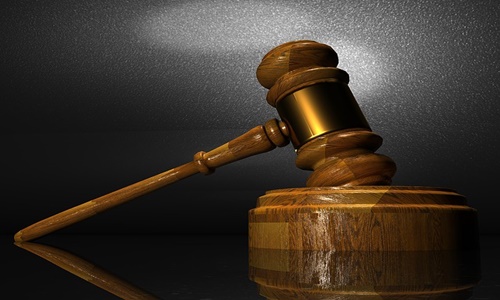Kellogg’s lawsuit to block UK’s high-sugar cereal regulations fails

The Kellogg Company, the American multinational food firm, has reportedly lost its legal fight against regulations banning it from promoting sugar-filled cereal with a buy one, get one free offer in the UK.
As per reports, Kellogg’s, whose portfolio of brands include names like Corn Flakes, Frosties, and Coco Pops, argued that the UK government’s classification of Kellogg’s cereals under the ‘less healthy’ food category is incorrect since it does not account for the milk that is added to the product during consumption.
However, the court dismissed the company’s argument, stating that adding milk does not negate the presence of excess sugar present in the cereal. The judge, Mr. Justice Linden, also rejected Kellogg’s claim that the government has failed to consult parliament appropriately.
As per reliable sources, Kellogg’s UK has stated that it will not appeal against the decision. As part of its attempts to curb obesity, the government of UK had introduced regulations that limit the promotion of HFSS (high in fat, salt, and sugar) foods.
Originally, the regulations were set to take effect from October, rolling out in tandem with a ban on advertising of junk food on TV before 9 PM. However, Prime Minister Boris Johnson postponed this implementation in an attempt to assuage the cost-of-living crisis.
Now, it is being speculated that the measures may not come into effect altogether.
Jamie Oliver, the renowned celebrity chef who campaigned for healthier food consumption for children across the country, stated that the delay would undermine the steps taken to tackle the obesity challenge in the UK.
Apart from banning television advertising and Bogof offers, the measure also restricts app or online promotions, which also includes putting up fast-food ads on internet homepages. Additionally, the prominent display of HFSS food products is also banned in store-fronts, which is still set to come into effect from October.
Kellogg’s UK Managing Director, Chris Silcock, stated that the company is disappointed with the verdict and may have to potentially charge higher prices on their products.
Meanwhile, a spokesperson for the Department of Health and Social Care stated that the judgment by the court supports the government’s goal of restricting the promotion of unhealthy sugar-based breakfast cereals, which pump a significant amount of sugar into children’s diets.
By October 2022, location promotion restrictions will be fully implemented, which is expected to generate over £57 billion ($68.07 billion) worth of health benefits. This, coupled with volume price restrictions, will protect children from consuming products with high amount of saturated fat, sugar, and salt.



